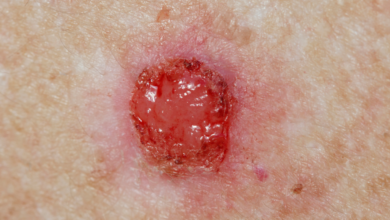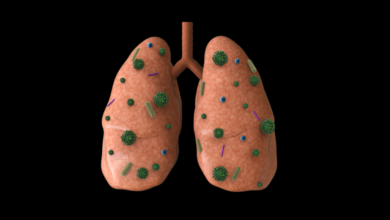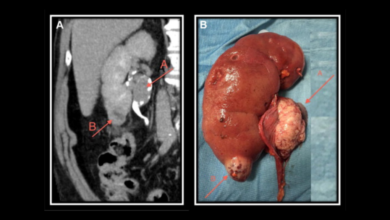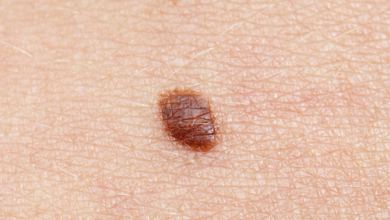Colon and Rectal Cancer: A Comprehensive Overview
Understanding Colorectal Cancer: A Patient-Focused Overview
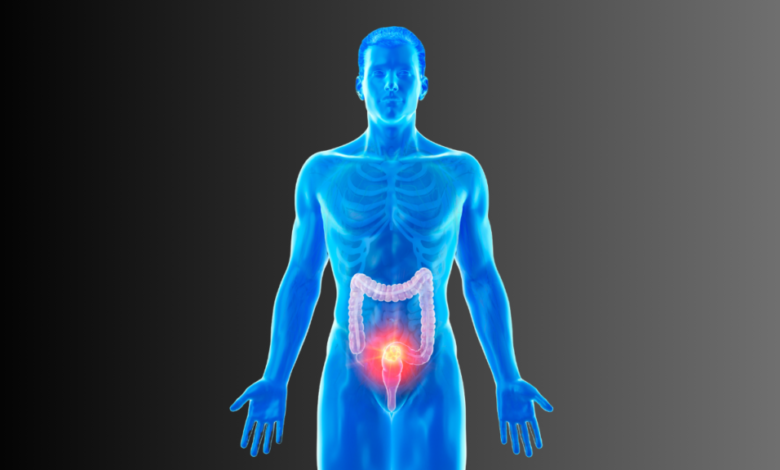
What is Colon and Rectal Cancer?
Colon and rectal cancer, often referred to as colorectal cancer, are diseases in which malignant (cancerous) cells form in the tissues of the colon or rectum. The colon is the large intestine, and the rectum is the lower part of the large intestine.
Types of Colon and Rectal Cancer
The most common type of colon and rectal cancer is adenocarcinoma, which develops in the glandular cells lining the colon or rectum.
Symptoms of Colon and Rectal Cancer
Early-stage colon and rectal cancer may not cause any noticeable symptoms. However, as the cancer progresses, symptoms may include:
• Changes in bowel habits: Such as diarrhea, constipation, or a change in the consistency of stool
• Rectal bleeding
• Persistent abdominal pain or cramps
• Weakness and fatigue
• Unintended weight loss
• Anemia
Causes of Colon and Rectal Cancer
The exact causes of colon and rectal cancer are not fully understood, but several factors can increase the risk:
• Age: The risk increases with age, particularly after age 50.
• Family history: A family history of colorectal cancer can increase the risk.
• Diet: A diet high in red meat and processed meat can increase the risk.
• Obesity: Being overweight or obese can increase the risk.
• Smoking: Smoking can increase the risk of colorectal cancer.
• Inactivity: Lack of physical activity can increase the risk.
Who Can Suffer from Colon and Rectal Cancer?
Anyone can develop colon and rectal cancer, but it is more common in older adults.
Diagnostic Tests for Colon and Rectal Cancer
To diagnose colon and rectal cancer, a doctor may use a combination of tests, including:
• Fecal occult blood test (FOBT): A test to check for blood in the stool.
• Colonoscopy: A procedure to examine the entire colon and rectum using a flexible tube with a light and camera.
• Sigmoidoscopy: A similar procedure to colonoscopy, but it examines only the lower part of the colon and rectum.
• Biopsy: A small tissue sample is removed and examined under a microscope to confirm the diagnosis.
Stages of Colon and Rectal Cancer
The staging of colon and rectal cancer helps determine the extent of the disease and guides treatment decisions. The most common staging system is the TNM system, which considers the size of the tumor (T), the spread to nearby lymph nodes (N), and the presence of distant metastases (M).
Treatment of Colon and Rectal Cancer
The treatment for colon and rectal cancer depends on the stage and location of the cancer, as well as the patient’s overall health. Common treatment options include:
• Surgery: To remove the cancerous tumor and surrounding tissue.
• Chemotherapy: To kill cancer cells throughout the body.
• Radiation therapy: To kill cancer cells with high-energy rays.
• Targeted therapy: To target specific molecules involved in cancer cell growth.
Diet and Colon and Rectal Cancer Prevention
A healthy diet can reduce the risk of colon and rectal cancer. Here are some dietary recommendations:
• High-fiber diet: A diet rich in fiber from fruits, vegetables, and whole grains can help prevent constipation and reduce the risk of colon cancer.
• Limit red and processed meat: Consuming too much red and processed meat can increase the risk of colon cancer.
• Maintain a healthy weight: Obesity is linked to an increased risk of colon cancer.
• Limit alcohol intake: Excessive alcohol consumption can increase the risk of colon cancer.
Diet to Prevent Colon and Rectal Cancer
A healthy diet can significantly reduce the risk of colon and rectal cancer. Here are some dietary recommendations:
• High-fiber diet: A diet rich in fiber from fruits, vegetables, and whole grains can help prevent constipation and reduce the risk of colon cancer.
• Limit red and processed meat: Consuming too much red and processed meat can increase the risk of colon cancer.
• Maintain a healthy weight: Obesity is linked to an increased risk of colon cancer.
• Limit alcohol intake: Excessive alcohol consumption can increase the risk of colon cancer.
Overall Survival Rate of Colon and Rectal Cancer
The overall survival rate for colon and rectal cancer depends on various factors, including the stage of the cancer, the type of treatment received, and the individual’s overall health. Early detection and timely treatment significantly improve the prognosis.
Doctor to Consult
A gastroenterologist or a colorectal surgeon is the best doctor to consult for colon and rectal cancer.
Diseases Associated with Colon and Rectal Cancer
While colon and rectal cancer are primarily associated with lifestyle factors, certain genetic conditions can increase the risk, such as:
• Familial adenomatous polyposis (FAP): An inherited condition that causes numerous polyps to form in the colon and rectum.
• Lynch syndrome: An inherited condition that increases the risk of colon cancer and other cancers.
How to Prevent Colon and Rectal Cancer
In addition to a healthy diet, the following strategies can help prevent colon and rectal cancer:
• Regular screening: Regular colonoscopies can detect precancerous polyps and early-stage cancer.
• Physical activity: Regular exercise can reduce the risk of colon cancer.
• Avoid smoking: Smoking can increase the risk of colon cancer.


